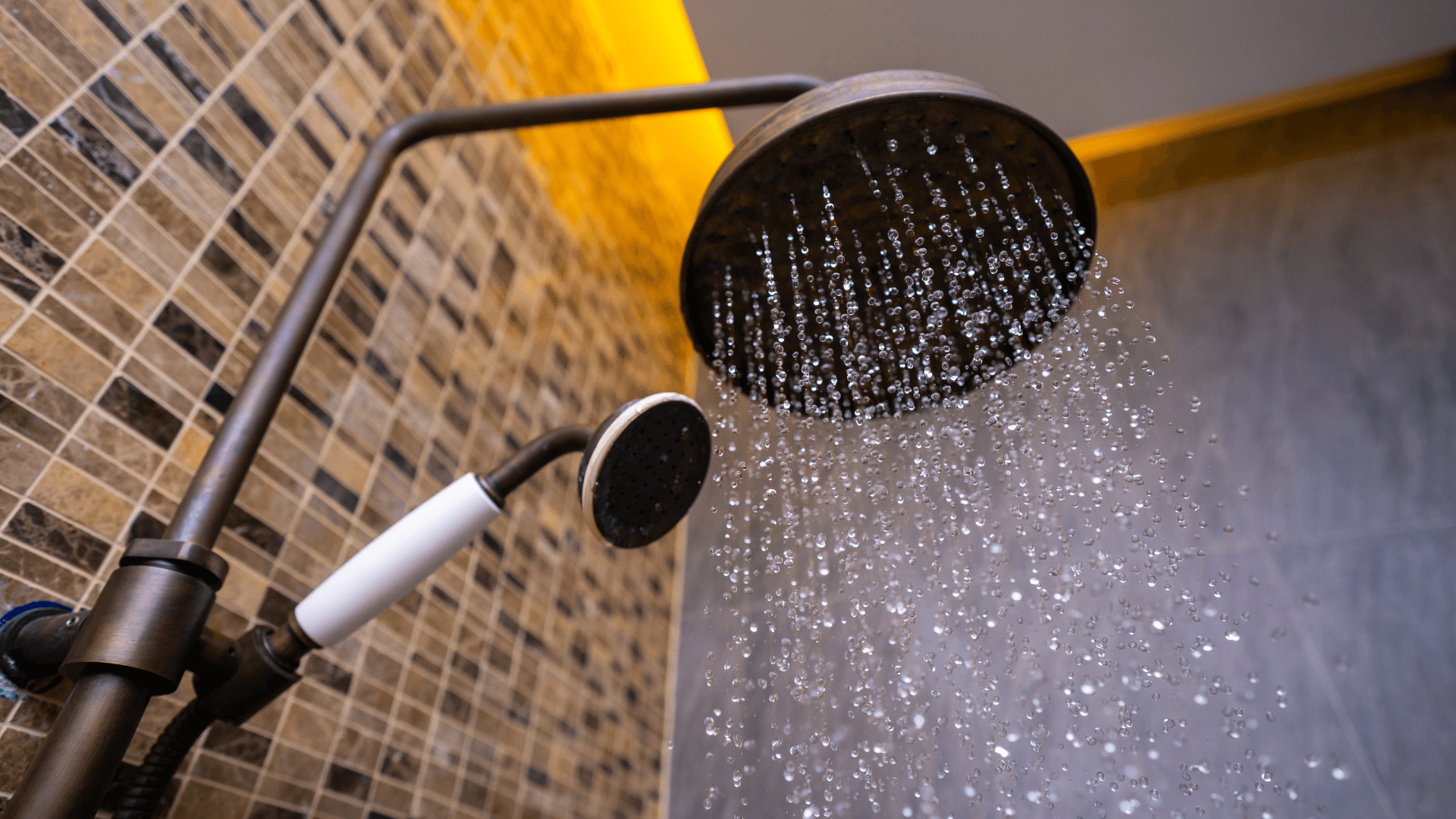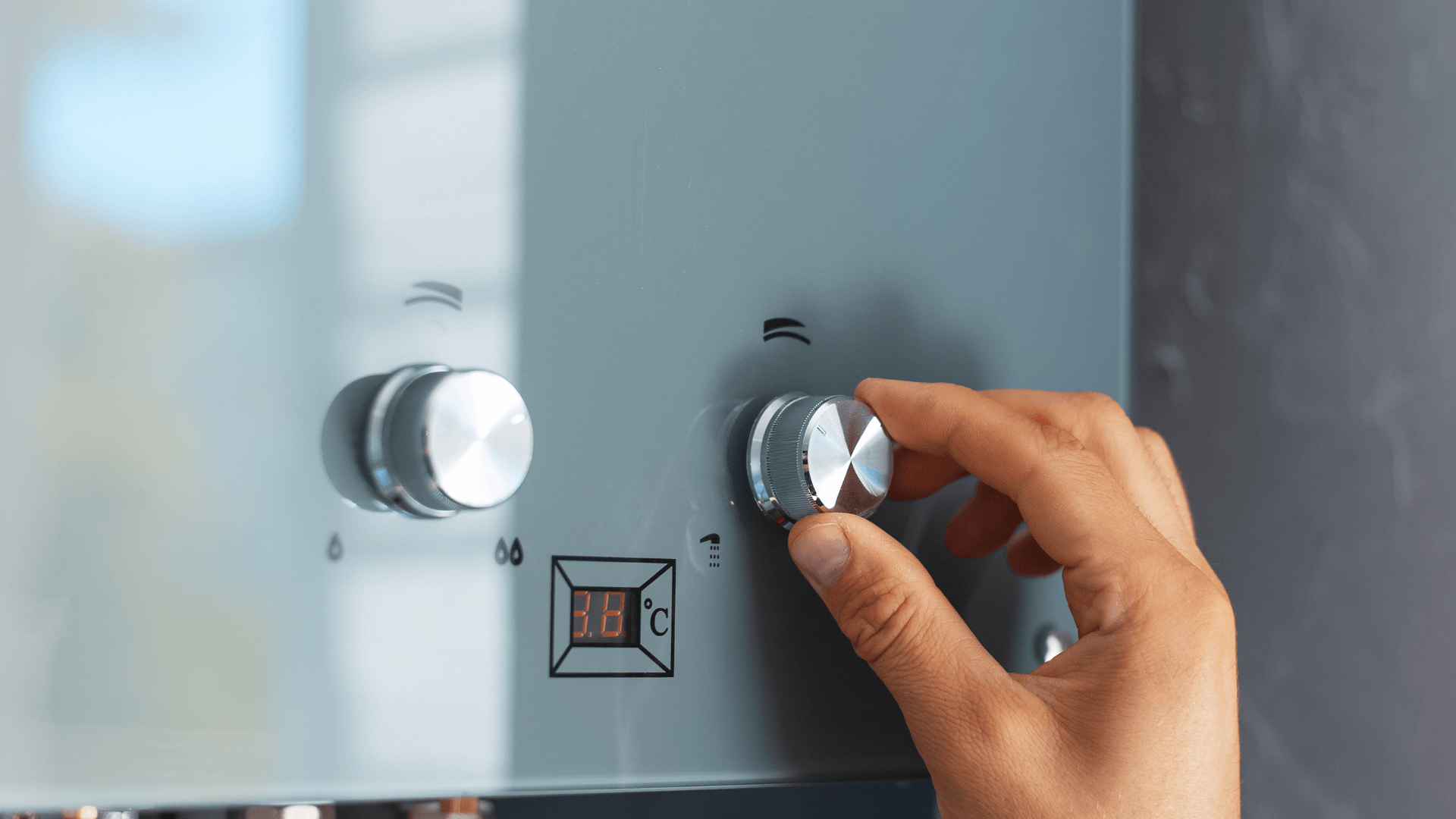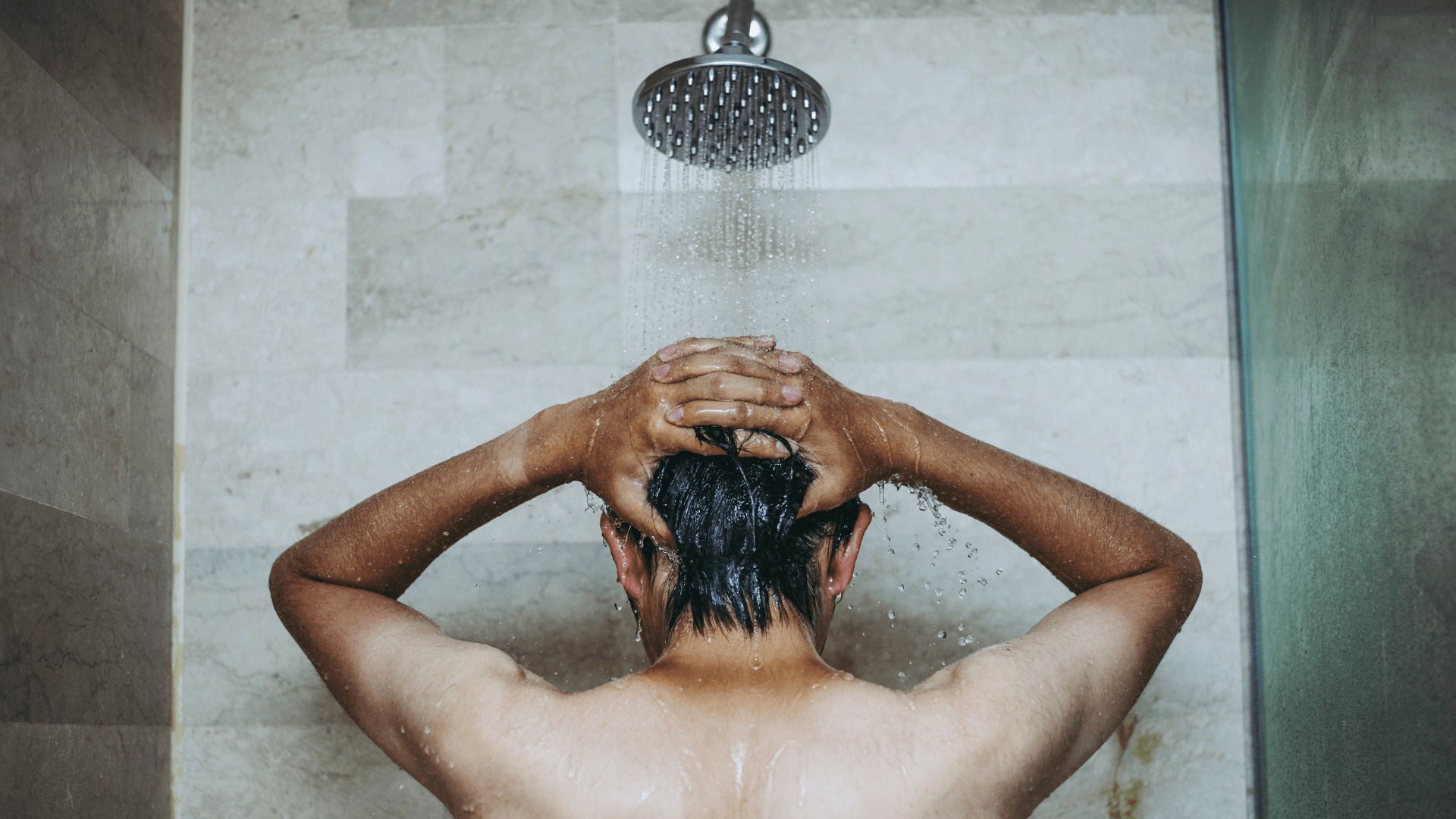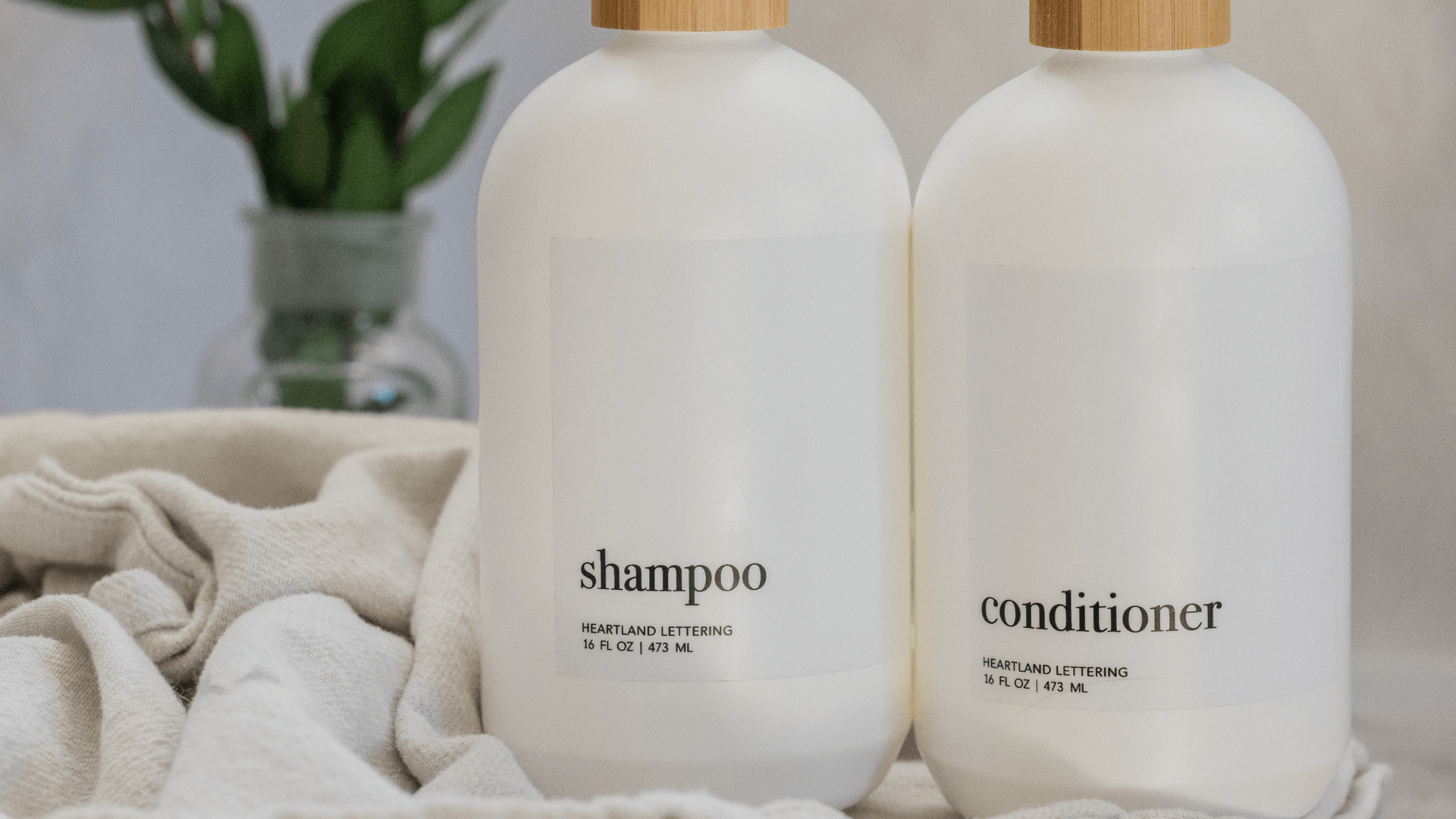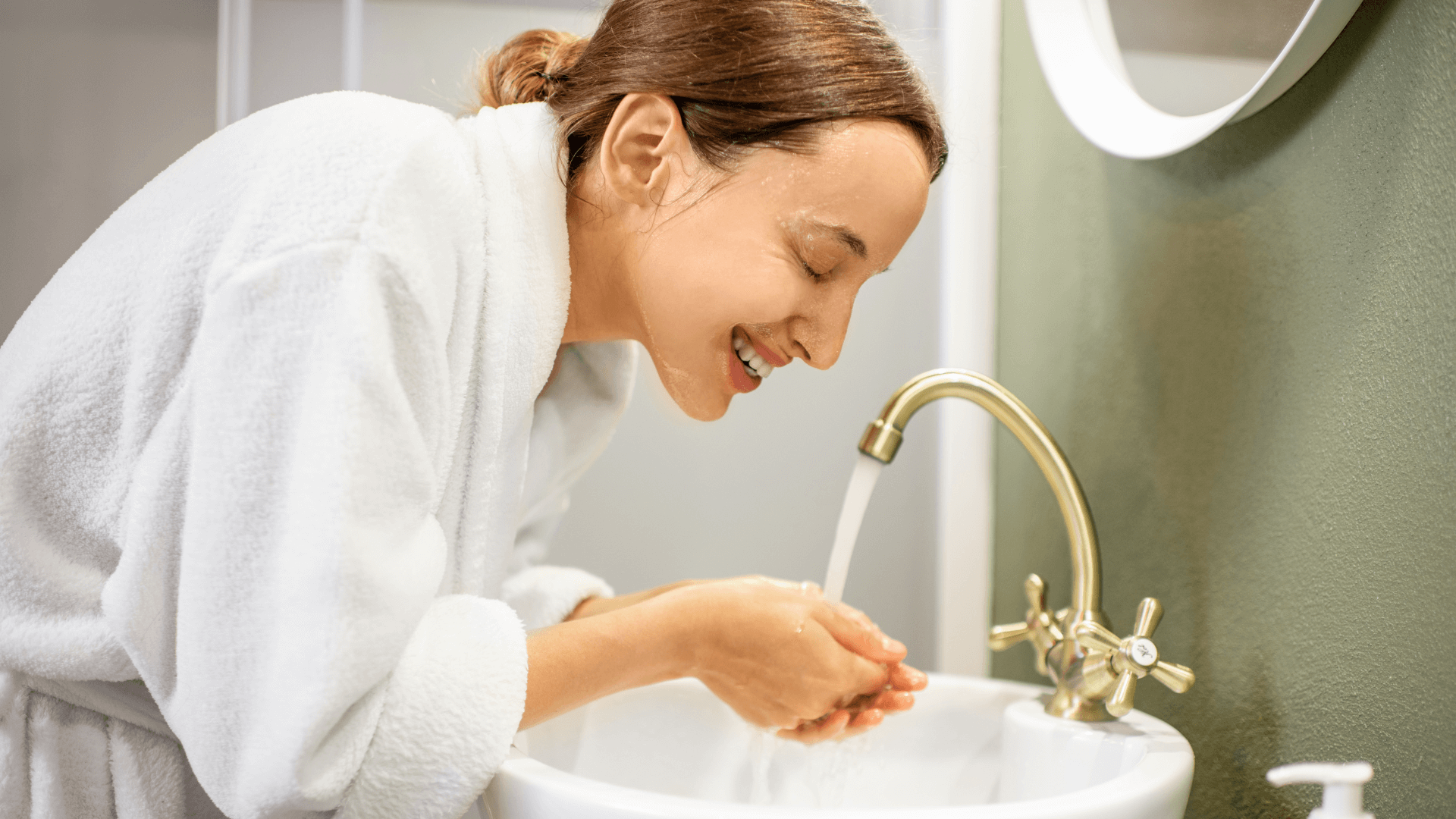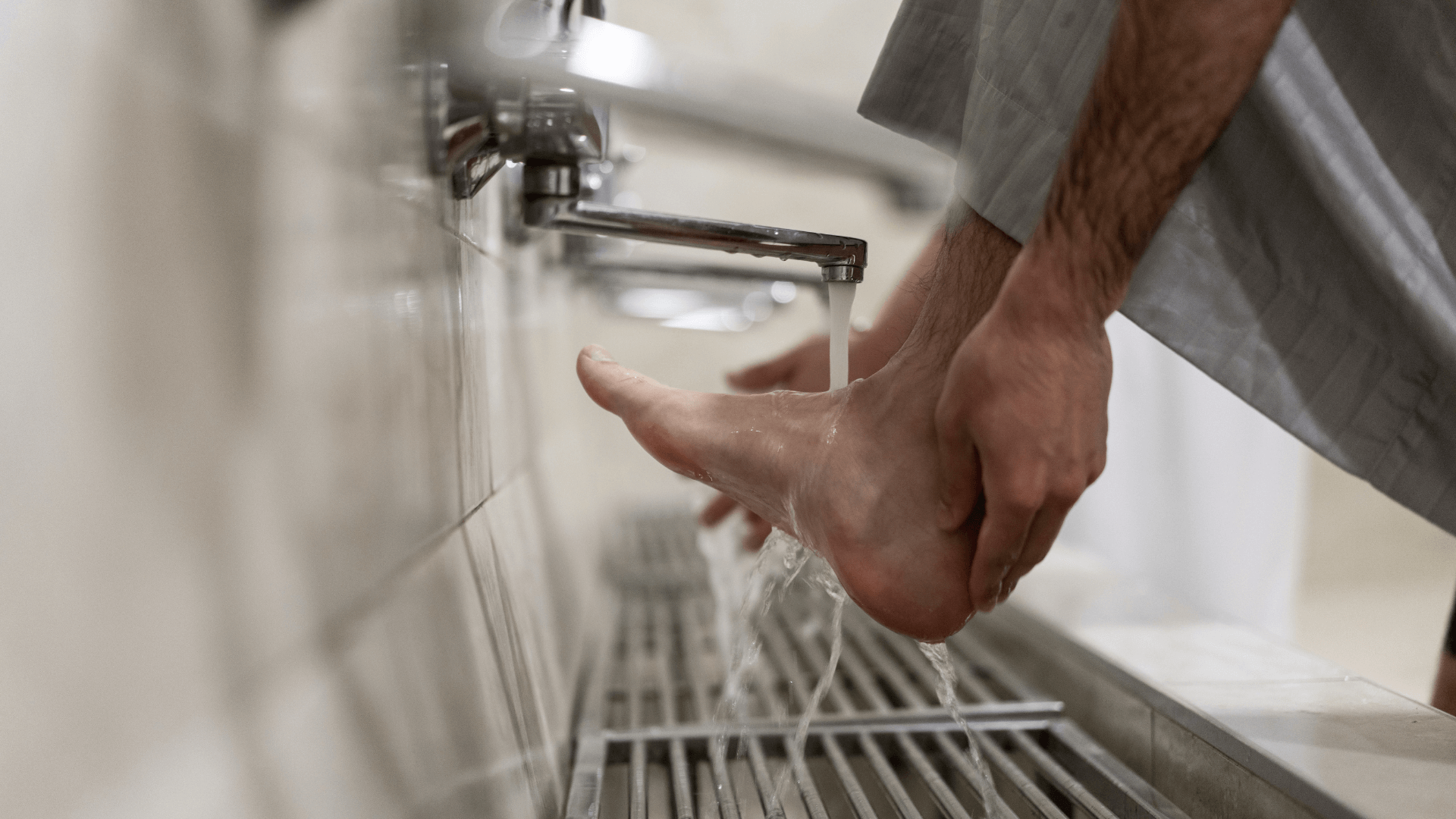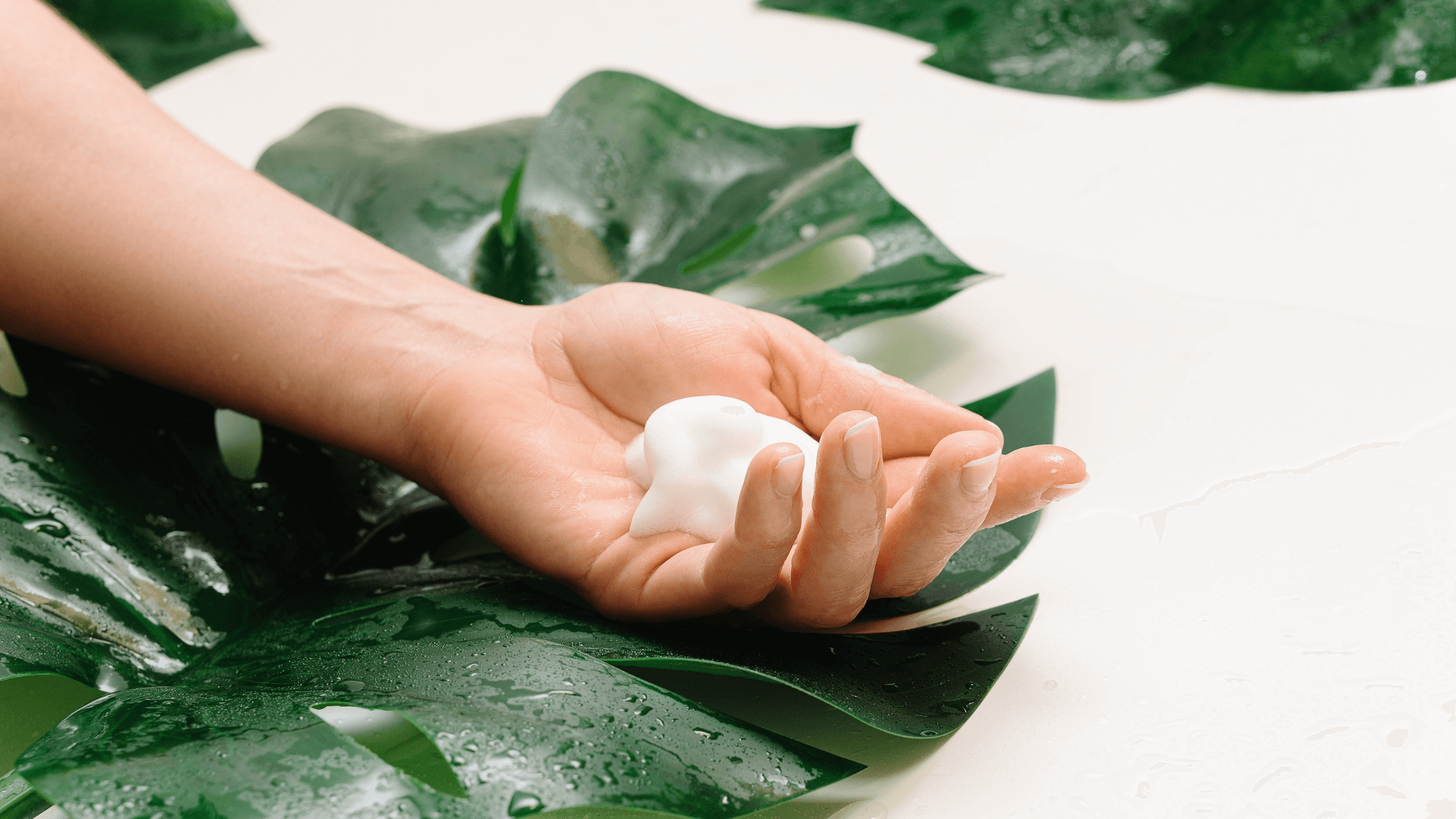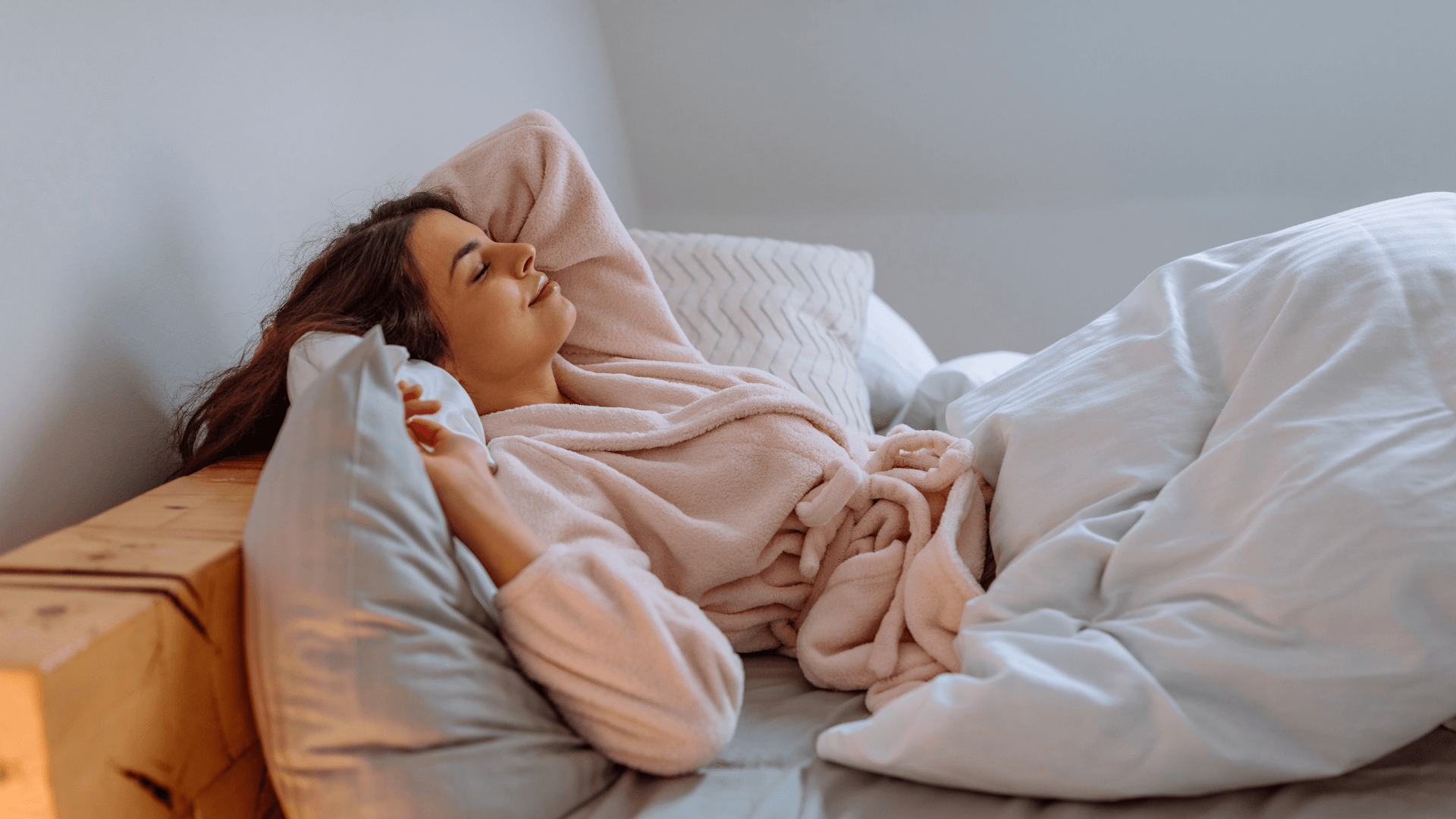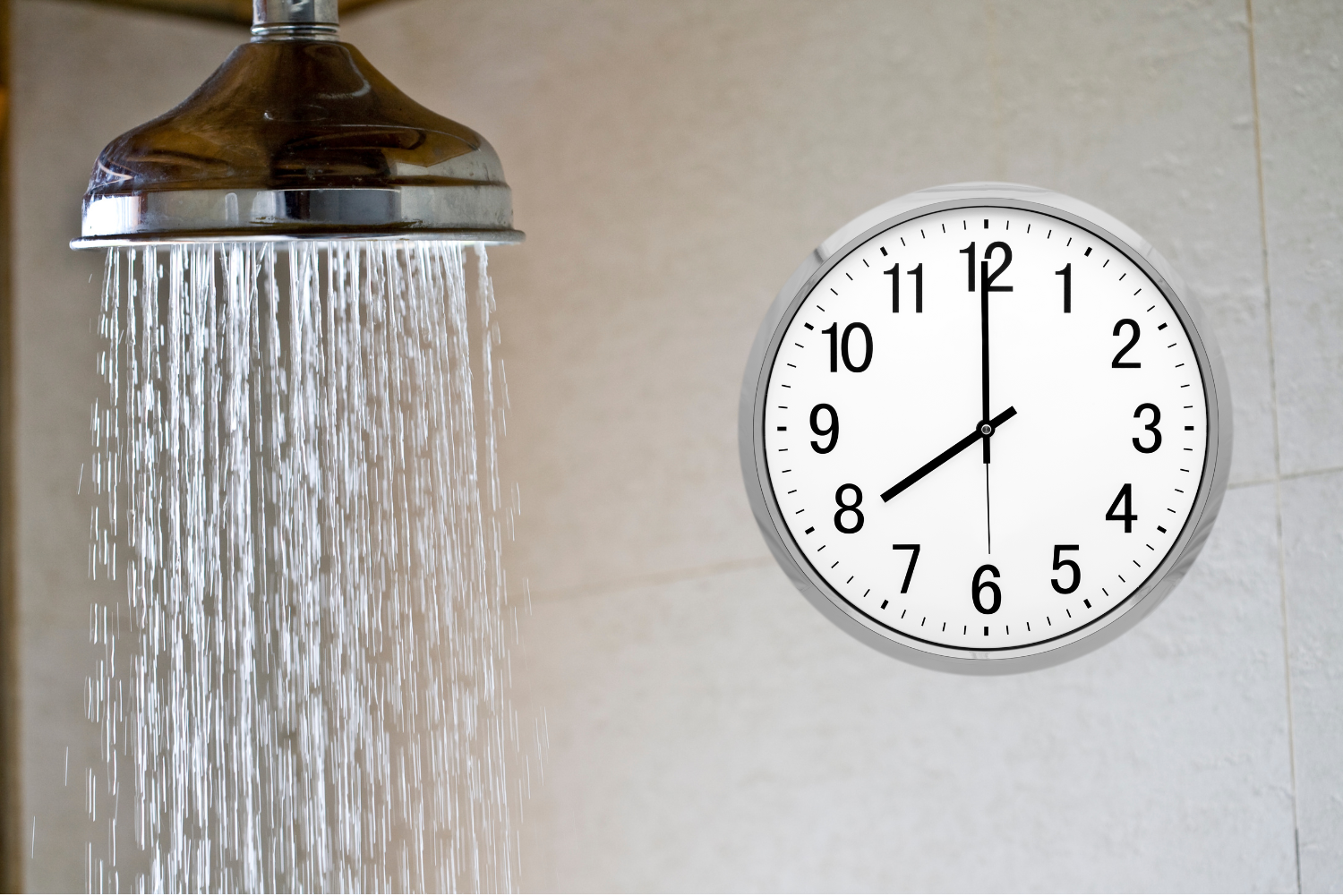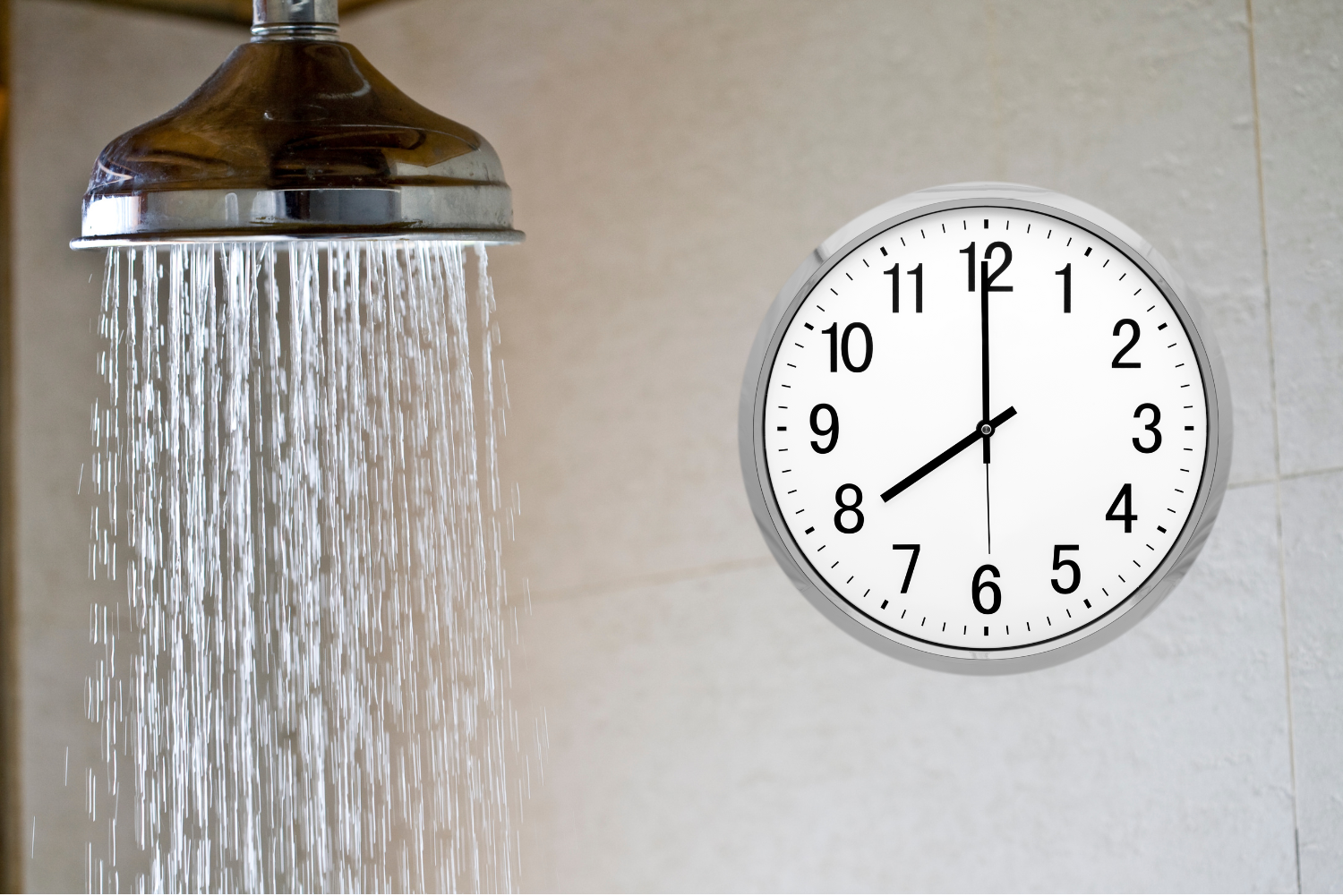a) Warm-up phase
Starting with a warm shower isn't just a preference for many; it's beneficial.
Warm water helps relax tensed muscles and set a calming mood. It also prepares the skin and hair for the cleansing process.
Warm water delivers the best results (Rebecca Norris, 2020, Martha Stewart, "Optimal Shower Water Temperature for Your Skin").
It's like a gentle introduction, telling your body, "Hey, it's time to refresh."
b) Cleansing phase
Warm water is a cleansing champ because it helps open up pores, ensuring a deeper clean.
With pores widened, dirt, oil, and toxins are more easily removed.
“Water in general, can help remove excess oil from the skin, to minimize [your pores] appearance by removing the blockages within them” (Dr. Zeichner, May 2023, Skin Care).
And if you're using soap or a cleanser, warm water aids in lathering. It ensures that your products work at their maximum potential.
c) Cooldown phase
After the warm-up and cleansing phase, it's time for a cooldown.
Cold water helps shrink the pores. It prevents them from being easily clogged by environmental impurities.
It is also better for hair, skin, and overall hydration. In some cases, it can even be used to treat depression (Rebecca Norris, November 2020, Martha Stewart).
It also helps seal in moisture, ensuring the skin doesn't dry out post-shower. Plus, let's face it, that burst of cool water is invigorating!

